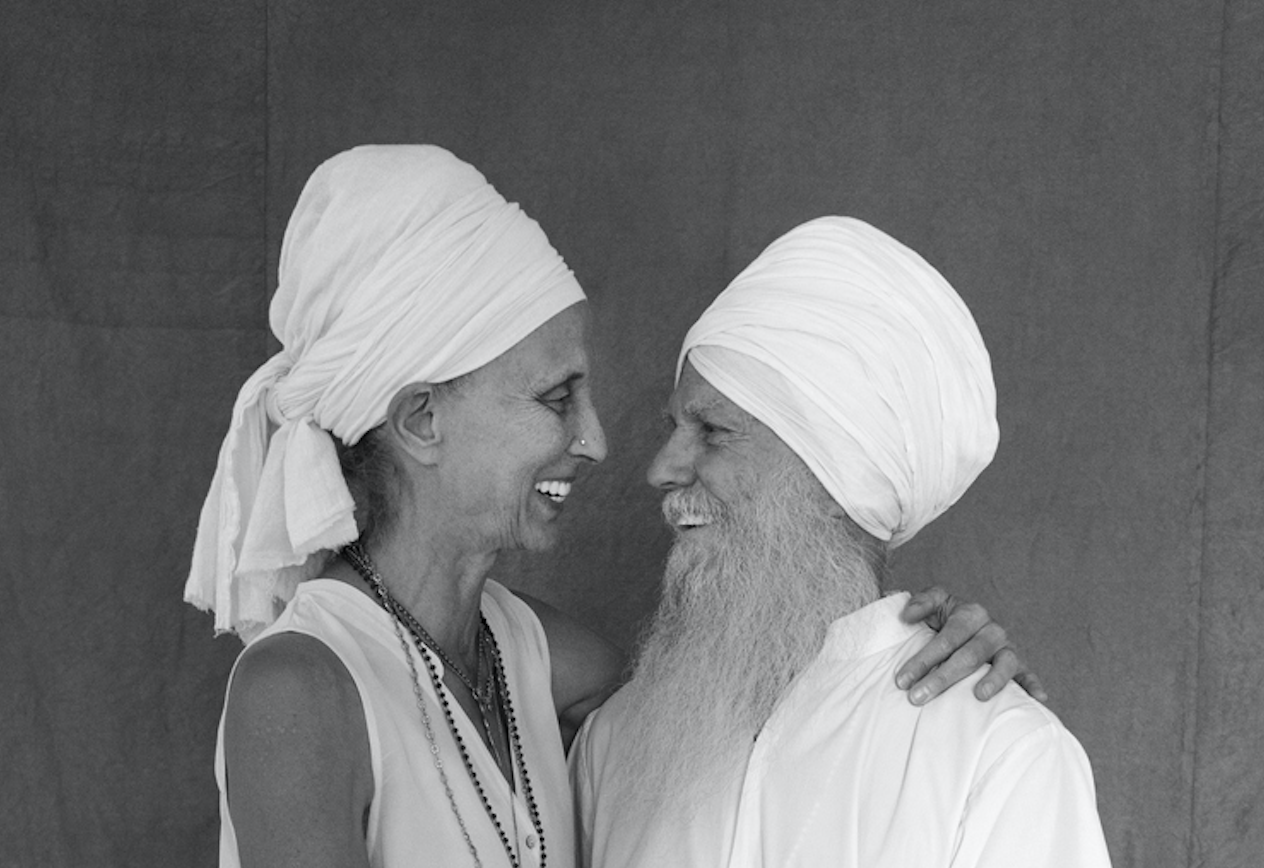Sat Nam
Dignity and Conflict
This week we want to share a post from Just Outcomes about the Compassionate Reconciliation Project. Here is a way of thinking about conflict that comes from Donna Hicks, at Harvard University’s Weatherhead Center for International Affairs..
Dr. Hicks spent years mediating high-stakes and intractable international disputes, and it was there that she realized that what made people immovable in a conflict was that they felt their dignity was being violated. In other words, they felt that their value in the world, the legitimacy of their perspectives, the relevance of their experience was being overlooked or rejected.
What they needed, and what enabled them to work out settlements with their adversaries, was having their dignity honored; they needed to know that their concerns mattered, that their needs were taken seriously, that others genuinely wanted to understand how they saw things. They wanted assurance that they belonged, and that their inherent value was being recognized and respected.
Hicks went on to ask hundreds of people from around the world about their experiences of having their dignity either honored or violated, and she found universal themes. She distilled those themes and identified 10 elements of dignity, 10 concrete things we can do to honor someone’s dignity. We want to highlight these, because we have seen them make or break people’s ability to work their way through complex and difficult conflict:
- Acceptance of Identity: approach people as neither inferior or superior to you; give others freedom to express their authentic selves
- Recognition: be generous with praise and credit
- Acknowledgement: give full attention by listening, hearing, validating, and responding
- Inclusion: make others feel that they belong
- Safety: help people know they can say things without risking humiliation or retaliation
- Fairness: treat people justly and in an equitable way
- Independence: empower people to act on their own behalf so they experience control over their lives
- Understanding: take seriously what people think, and seek to understand it more fully
- Benefit of the doubt: assume that people have good motives and are acting with integrity
- Accountability: apologize when you violate another’s dignity and commit to doing better
Personal Reflection:
- Take a moment to think about a time from your childhood, when you were still learning about your place in the world and your value to others; think about a time when you felt someone was judging or dismissing you; remember how that felt in your body.
- Now imagine that person pausing, taking a breath, and then commenting on something they valued about you, or saying they wanted to start over because you were important to them. Imagine how that would have felt in your body.
- What difference might that have made to your stress level in the moment? Or to your trust in other human beings? To your sense of belonging?
We would guess that many of you are imagining quite a shift in how those two moments would have felt, and in the difference that the second scenario could have made going forward. In her writing and speaking, Hicks uncovers why that second scenario would feel so different: she explains why evolution has programmed into us a powerful core human need to protect our dignity, and she explains the neuroscience behind why we can react so destructively when we feel that our dignity has been violated.
You can learn more about Donna Hicks’ work, and watch her TEDx talk, on her website.
Conflict is never only about the issues at stake or the things we see differently. It always is also about what is at stake for us personally and relationally; and how we understand our place in the world and how safe we feel with those around us. In groups that routinely honor each other’s dignity, difference is welcomed because it opens new perspectives that make more things possible. Difference becomes a source of creativity. There still might be tension in the process of figuring out what is possible or how best to proceed, but the bedrock of dignity makes it safer for everyone to put their energy into figuring that out.
To new ways of thinking!
For all yoga classes: Zoom ID: 4974717117. Passcode: 704095
with 4 ways to pay:
1) through your student portal on KarmaSoft (purestpotential.karmasoftonline.com)
2) in Studio
3) Venmo $10 per class to: PurestPotential@purestpotential
4) Paypal: kirnkhalsa@gmail.com |

